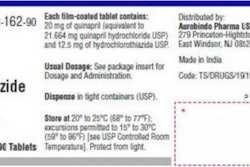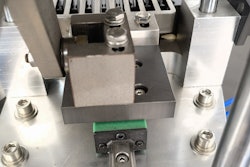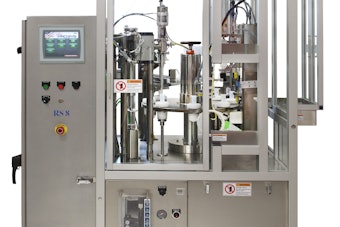Early detection is key to keeping cancer from spreading and improving chances of survival. However, there are simply too many types of cancer to efficiently screen in a cost-effective and timely way that’s comfortable for the patient. A recent article from The Conversation article discussed a new blood test that aims to change that. A so-called multicancer early detection test (MCED) has been a hot topic since President Biden’s Cancer Moonshot speech that announced a $1.8 billion dollar effort to improve cancer survival rates and the quality of life for those living with cancer.
Now, there are several multicancer tests in development, but how do they work? All cells in the body release DNA into the bloodstream when they die, including tumor cells. MCED tests search for trace amounts of tumor cells in the bloodstream and are able to identify what kind of tissue it originated from and whether or not it’s cancerous or benign. These “liquid biopsies” aren’t new, but MCED tests are different in that they can detect early-stage cancer before tumor cell counts are high, which is akin to searching for a needle in a haystack. Newer tests are more sensitive and accurate as they focus on a “molecular barcode” embedded in cancer DNA identifies its origin tissue. Early clinical studies have shown promise that MCED tests could change the way we approach cancer screening, but whether our healthcare system is ready for them is another story. Here’s a video with more information on MCEDs.























